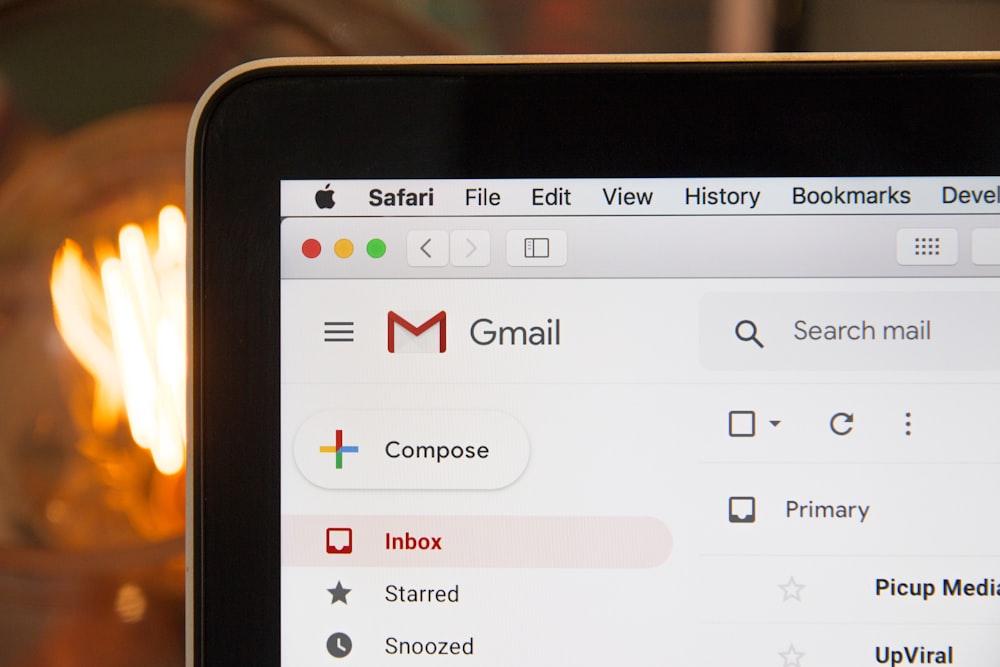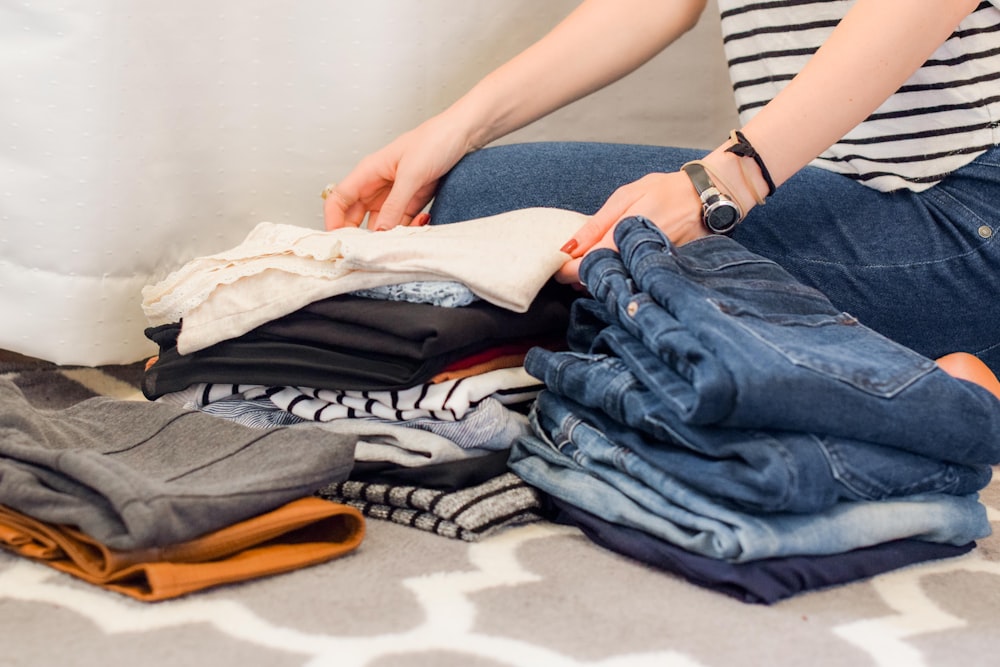Best Way To Organize Your Life
The best way to organize your life, is in my opinion, to de-clutter. Personally, clutter is stressful and distracting. It’s almost impossible to find items when you need them. And, it occupies your mind from getting stuff done. How can you focus on your work when that stack of paper is screaming for your attention?
It turns out that research has got my back on this. Study shows a link between clutter and procrastination. Numerous other studies have also found that clutter increases stress, decreases productivity, and makes it difficult to unwind. Moreover, clutter can encourage bad habits, such as unhealthy eating and sleep problems.
Too much clutter can signal a lack of control. And, most worrying to me is that clutter can clog neural networks. As a result, you’ll be slower and less efficient in processing information.
Overall, clutter can negatively influence your health, work performance, and possibly even your relationships.
There are some hard-won tips to organize your life:
- Create a DE cluttering checklist
One of the best ways, if not the best way to organize your life and to alleviate fear is to realize that removing the clutter from your life doesn’t mean living a life without any possessions you cherish. You’ll be reducing the number of things you own. For example, do you need to have a closet full of blankets? I need many quilts in the closet, but do you? You probably only need a lighter one for when it’s warm and thicket comfortable for the colder months. You may even want to keep a throw on your couch. But, you probably don’t need much more than that.
 To help get you started, create a DE cluttering checklist. It can help make this process less frustrating and give you a visual representation of what needs to be reduced
To help get you started, create a DE cluttering checklist. It can help make this process less frustrating and give you a visual representation of what needs to be reduced
- Don’t overwhelm yourself; start small
Let’s be real here. How likely are you going to clean and organize your entire home, office, or life in one day? That would be so ambitious it would overwhelm you and likely prevent you from ever getting started.
Instead, take baby steps. Maybe set aside five minutes each day to straighten up a small area like a desk drawer or your car. After building up some momentum, set aside more time. Dedicate a Friday afternoon to get your office back in order.
- Conduct a calendar audit
Clutter isn’t just the items taking up physical space. It can also be the entries you’ve added to your calendar. Usually, Calendar clean-out includes minute activities and anything that you do automatically, such as brushing your teeth. Other examples would be unnecessary meetings, committing to too many social events, and recurring events that no longer fit into your schedule.
Review your calendar and remove these tasks and events from it. Going forward, start saying “yes” to less and use a scheduling assistant. You should also share your calendar with others to avoid double bookings and scheduling conflicts.
- Reconsider your routine
Routines provide structure to your life. In turn, this reduces stress and makes your days less chaotic.
Establish a morning and evening routine. Jot down all of your daily and weekly obligations and add them to your calendar. Batch similar tasks together. And only commit to what you can realistically achieve in a day.
In short, establishing a routine brings order to your life. It will also help you become more productive and prevent you from muddling your day with unimportant activities.
- Unsubscribe and remove
Struggling to keep up with your inbox isn’t just a serious waste of time — it’s a distraction that’s impairing your productivity and cutting into your enjoyment of life. With that in mind, one of the easiest ways to address your inbox is to unsubscribe from emails that you never read. The same concept applies to newspapers or magazines that you never opened.
Speaking of digital distractions, remove any unused apps from your phone. It will help keep your device running at peak condition as an added perk.
- Don’t get sentimental
We all have items that we have an emotional connection to. You don’t necessarily have to throw away all of these items. But, again, the goal is to reduce them.
If you’re having difficulty with this, there is a simple solution. Just take a picture of the item and put it on the cloud. Not only will this help you let go, but it will also preserve the memory and not the possession.
- Automate
Here’s a simple way to clear your mind; embrace automation. Examples include setting up auto bill pay, scheduling social media posts, or creating out-of-office auto-responder emails.
- Use the four-box method
The four-box method is an effective and painless way to help you conquer clutter. Just found four boxes and label them with the following categories:
Trash: These are items that you no longer need or want. But, they’re also not worthy of donating or selling.
Give away/sell: For the things that may have value to others, donate or sell them.
Store: Seasonal clothing is a perfect example of this. There’s no need to keep your Tommy Bahamas shirt hanging in your closet when it’s 30 degrees outside.
Keep and put away: For the things that you use. Regularly, detonate a home for them and put them away when not in use.
- Practice mindfulness
One of the best ways to clear your mind and decrease stress and anxiety is to practice mindfulness meditation. The reason that mindfulness works is that it redirects your thoughts and attention to the present. You will stop being consumed by the past, future, and negative self-talk.
- Unplug and unwind
Your brain needs time to rest and recharge. As a result, you’ll be more productive and less stressed.
Schedule frequent breaks throughout the workday and get away momentarily. Go for a walk, read, or look out the window for a couple of minutes. At home, establish boundaries.
Want to learn more about organizing your life and creating wellness? Learn more about the Wellness Wheel organizational program.






